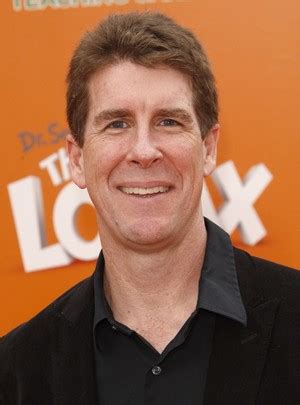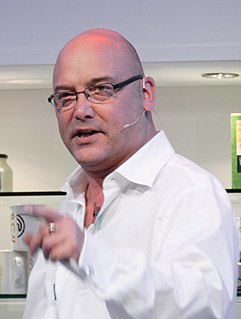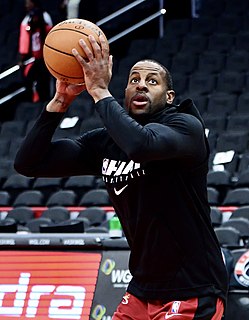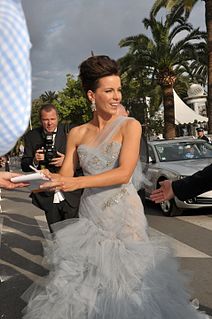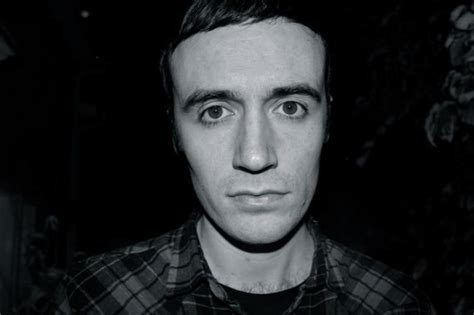A Quote by Nora Ephron
Food was supposed to be a slightly bigger part of 'Heartburn,' and it actually didn't turn out to be because of me. I just didn't find a way to make it a bigger part of the movie as I should have, and we cut several scenes in which food was a major character.
Related Quotes
You want to find the right balance, but you have to have the Minions because people responded so much to them. We wanted to find a story that would make the Minions more a part of the story than they were in the first movie. In this one, as you know, they're disappearing. What's happening to the Minions? We made them a much bigger part of the movie in those terms.
Just as a child, before I ever knew what ballet was, there was something in me where I was always searching for something structured, something that was bigger than me, and something so historical that I could be a part of. I didn't find that until I stepped into the ballet world, and it was overwhelming, the feeling of being a part of something that's bigger than you.
All I really know in nonfiction is that when I come home, I've got all these notes and I'm trying to figure out what actually happened to me. I usually kind of know what happened, but as you work through the notes, you find that certain scenes write well and some don't even though they should. Those make a constellation of meaning that weirdly ends up telling you what you just went through. It's a slightly different process, but still there's mystery because when you're bearing down on the scenes, sometimes you find out they mean something different than what you thought.
Stop trying to find something in food that will make you feel better. I used to have eating disorders; I'd binge and purge all the time: fried oysters, po' boys, muffulettas, beignets, coffee and doughnuts. I tried to medicate myself with food when people made fun of me or hit me with a bat in school. I'd always turn to food. Knowing what I now know, I'd turn to me.
I think you approach a part the same way and just find out in what's making them tick and who they are. In a movie like this you may have a little less time and few dialogue scenes and exposition scenes for your character to really get that across, and so I wanted to be able to convey that she's not somebody who's just punching a clock but she has this weird emotional investment in her job to where she does get quite myopic and that's what makes her relentless.
I got a call one morning from Oran Hesterman, who was the president of the Fair Food Foundation, saying that the Fair Food Foundation was shutting down effectively as of that day, because they'd been caught up in the Madoff scandal. It affected me because the fellowship that I had was actually funded in part by the Fair Food Foundation. That meant that my fellowship was pretty much null and void.


